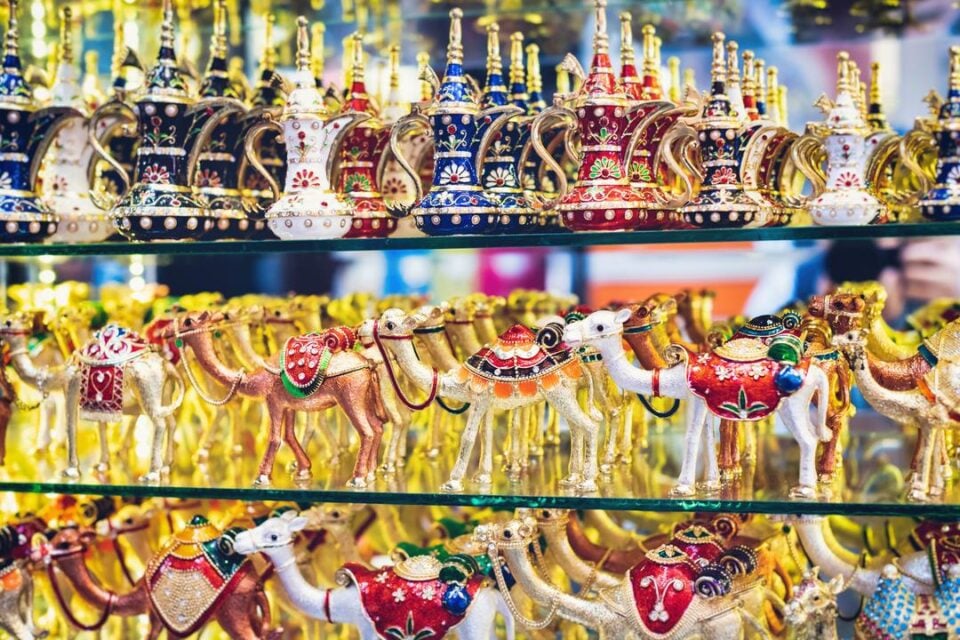The United Arab Emirates – a blooming oasis in the desert, a mysterious, alluring Eastern fairy tale. A true paradise for shopaholics. People come here for fur coats, electronics, and luxury brand clothing. But items reflecting the national identity of these countries are much more valuable. If you’re wondering what to bring back from the UAE as a gift, we’ve prepared a brief overview of possible options for you.
Jewelry
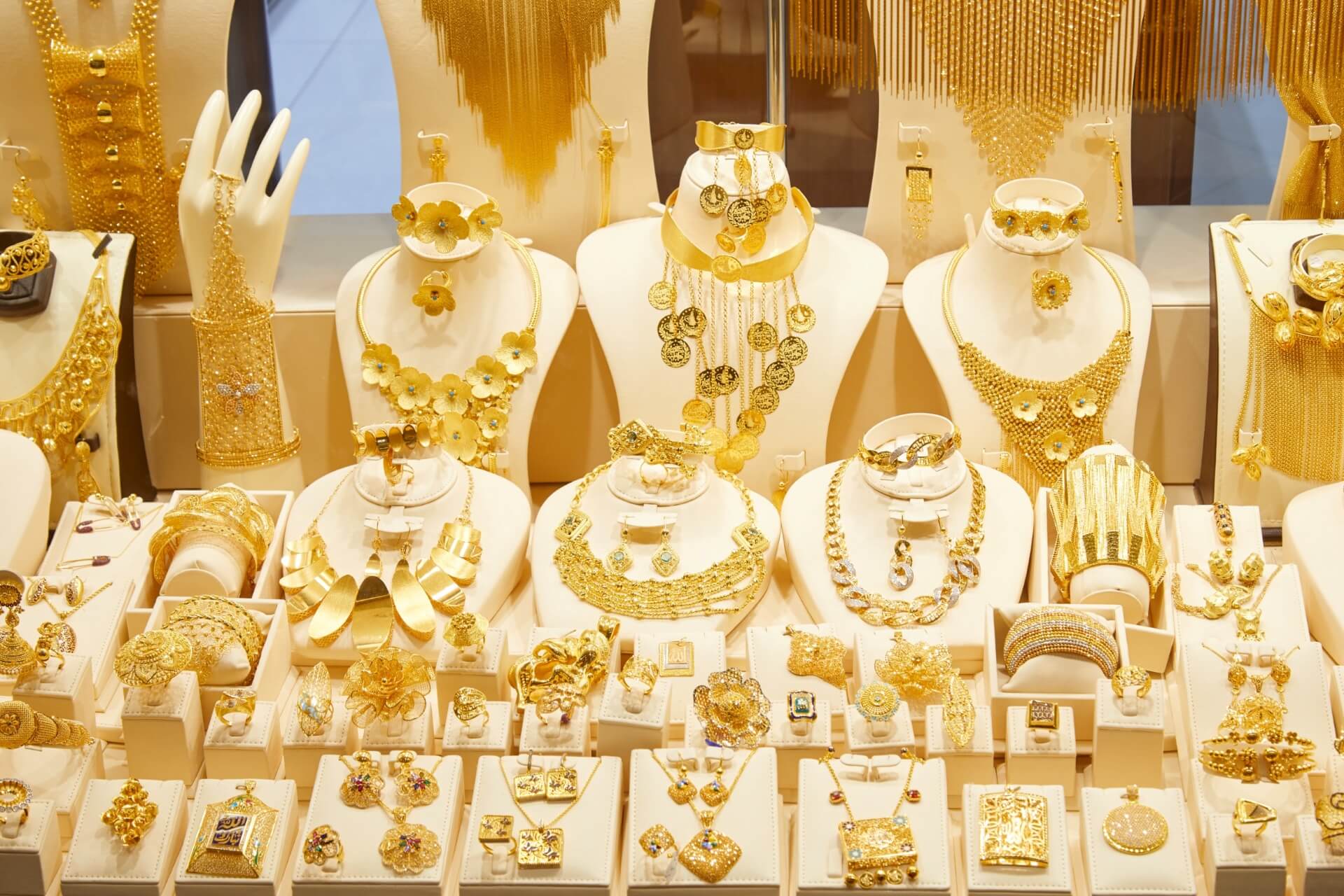
The East has always been associated with luxury, gold jewelry, and precious gems from Scheherazade’s fabulous treasuries. In the Emirates, luxury awaits you at every step. Jewelry can be brought back as a gift for loved ones or bought for yourself as a memento of this fairy-tale kingdom. There’s a huge selection of jewelry here. In markets and shops, you can find true works of art. The main “gold” market in Dubai is the Gold Souk.
Here, there’s an incredible amount of gold, silver, precious and semi-precious stone products. Buy yourself or as a gift for relatives elegant necklaces and earrings. You can choose fancy rings and brooches adorned with emeralds, pearls, and garnets. If desired, master jewelers will create custom jewelry for you. Jewelry artists will help make a sketch or create it based on your own design. Prices depend on the size of the item, its type, the number of stones, as well as the complexity of execution. The price for 1 gram of 14-karat gold starts from $50 here.
Fabrics
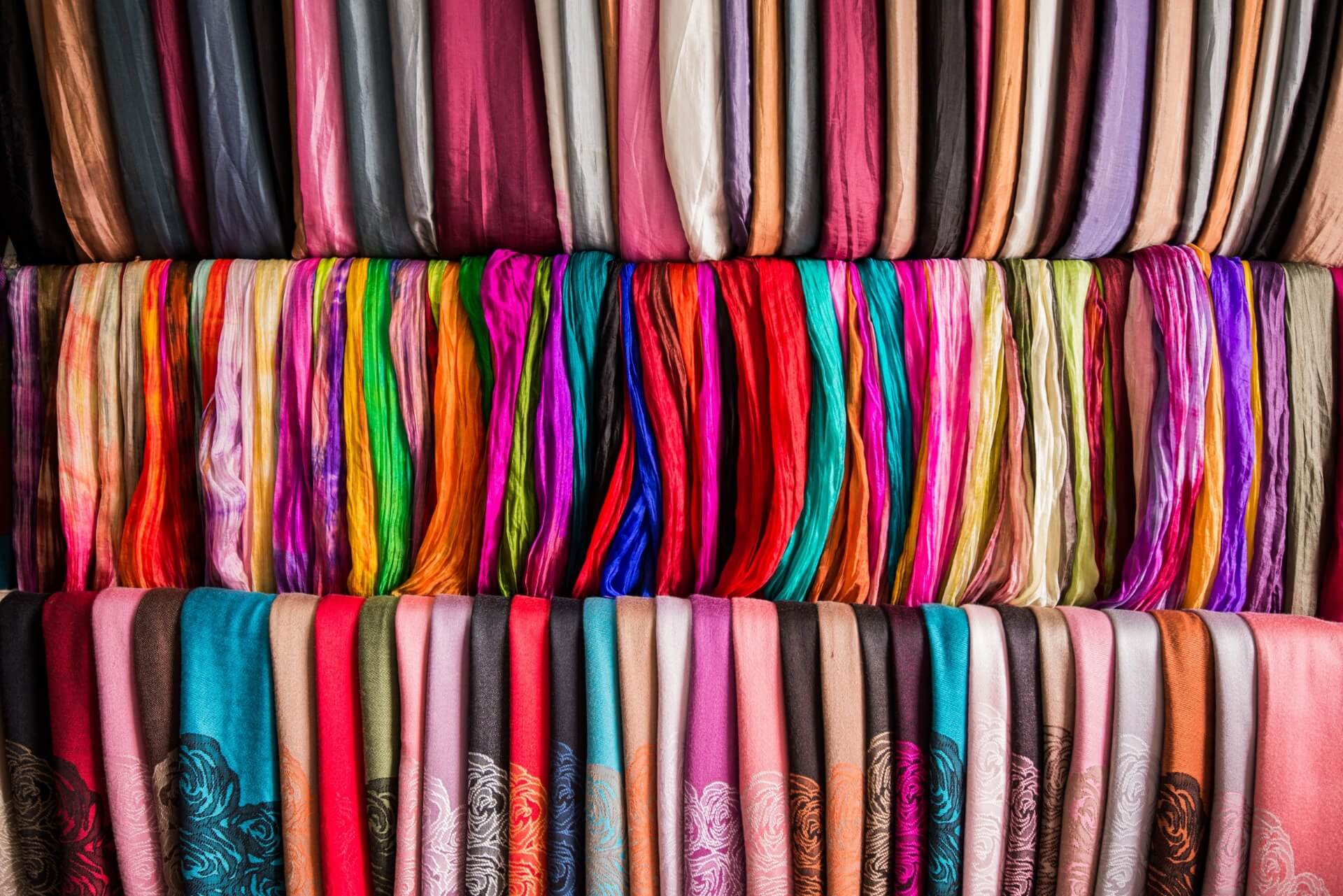
The oldest textile market in Dubai is located in the Bur Dubai area. Its uniqueness also lies in the fact that over its many years of existence, it remains in the same place and is not rebuilt – old buildings and shops are reconstructed and continue to perform the same functions as before. For hundreds of years, fabric merchants from all over the world have been coming here, and today the atmosphere of a real Eastern bazaar still reigns.
Whole dynasties of merchants, weavers, and tailors continue to offer their products in this market from century to century. You’ll find a huge selection of fabrics for every taste. Natural silks, hand-painted in the most fantastic colors, chiffon, velvet, satin and calico, cashmere and pashmina – choose your fabric according to your taste.
Here you can also order a suit made from the fabric you like or buy ready-made clothes, including national costumes, as well as Indian saris or belly dance costumes. There are also many other textile products in the market – high-quality bed linen, tablecloths, curtain fabrics, bedspreads, pillows, and even traditional Eastern shoes with curved toes.
The prices for goods are very reasonable. In addition, as is customary in the East, bargaining is expected here and you can knock off up to 50 percent of the initial price.
Fur coats
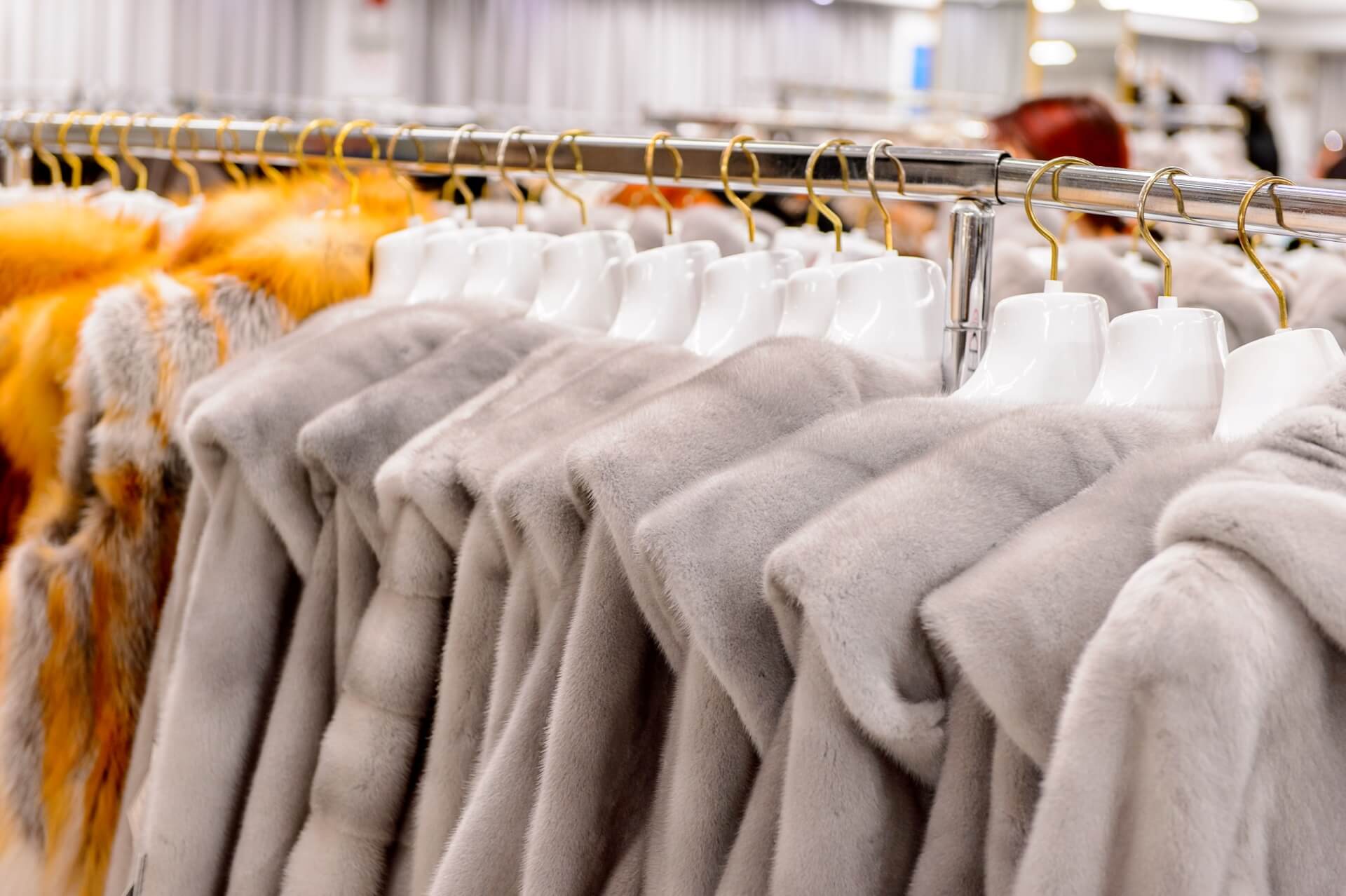
Fur coats are sold in multi-story shopping centers specializing exclusively in fur products. Most often, the sellers in these shops speak English, and prices are listed in dollars. Here you can buy Greek, Chinese, and even Italian fur coats. Italian fur coats are considered the best in quality, with Greek ones not far behind.
In China, there are now also many factories that produce fur coats. When choosing a Chinese fur coat, give preference to factory-made products and pay attention to the quality of the fur, its appearance and uniformity of coloring if you’re choosing dyed fur. The most advantageous time to buy a fur coat in the UAE is during summer when fur prices are significantly lower. And, as with any purchase, bargaining is also recommended here. A discount may also be given for cash payments.
Cosmetics
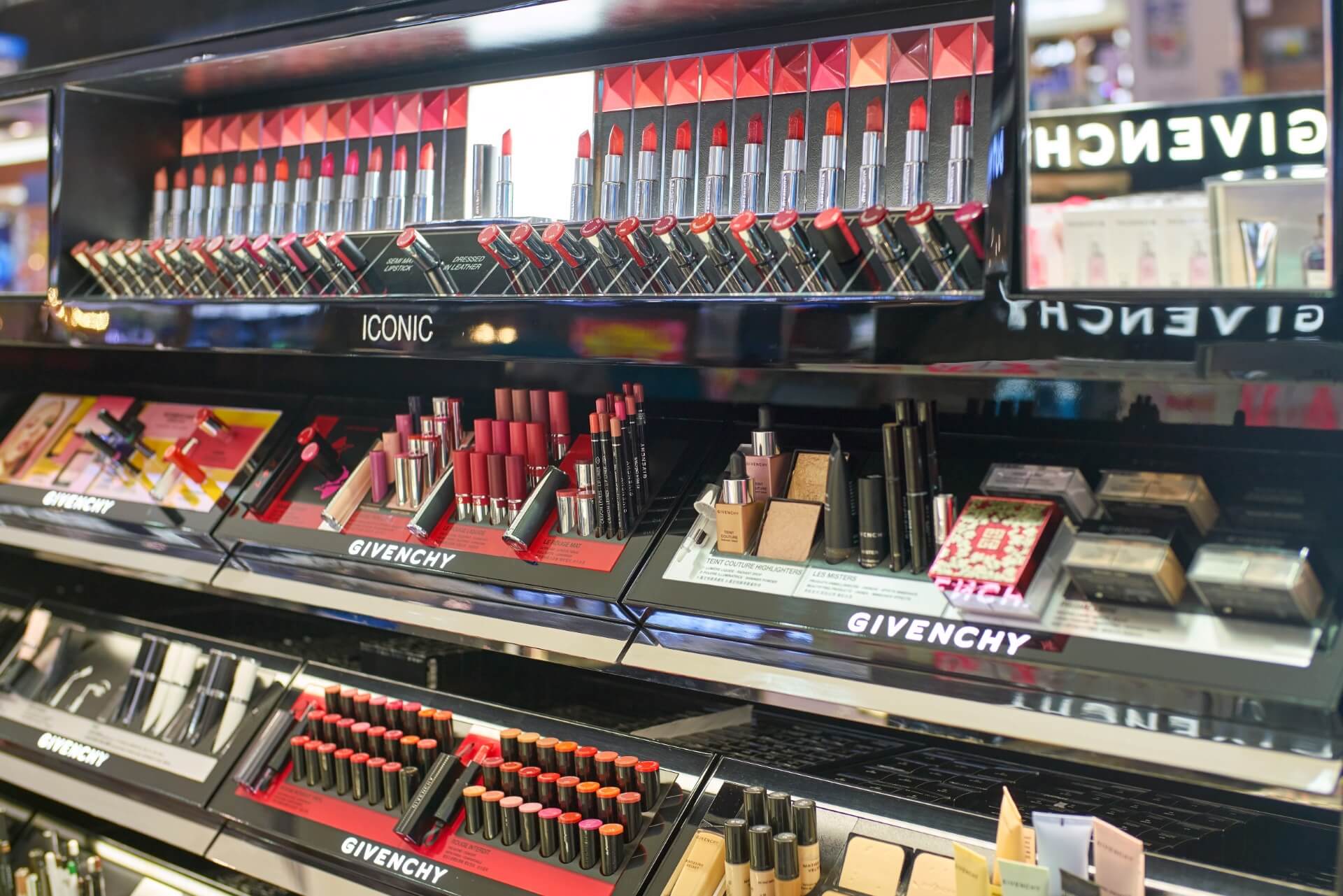
The Emirates have a huge number of shopping centers offering cosmetic products from leading global brands. Here you can find luxury brand products that are not available in our country. Even the prices for products we’re familiar with are significantly lower. In addition to European goods, there are many cosmetic products from India and other Eastern countries. These are mostly skincare and medicinal cosmetics.
However, the best gifts would be cosmetic products that convey national color and uniqueness. Any beauty will appreciate a special natural eye pencil — kajal. Arab beauties use it to draw eye contours, giving their gaze a special mystery and attractiveness.
Natural henna is very popular here. Its use among Eastern peoples has a somewhat sacred character and is an essential attribute of many ceremonial occasions.
Henna is packaged in beautiful boxes, which are pleasant to give or receive as a gift. Arabic toothpaste Meswak is another original souvenir. It’s prepared based on the extract of the “toothbrush” tree – miswak. Such toothpaste strengthens gums and tooth enamel, excellently cleans and whitens them.
Perfumery
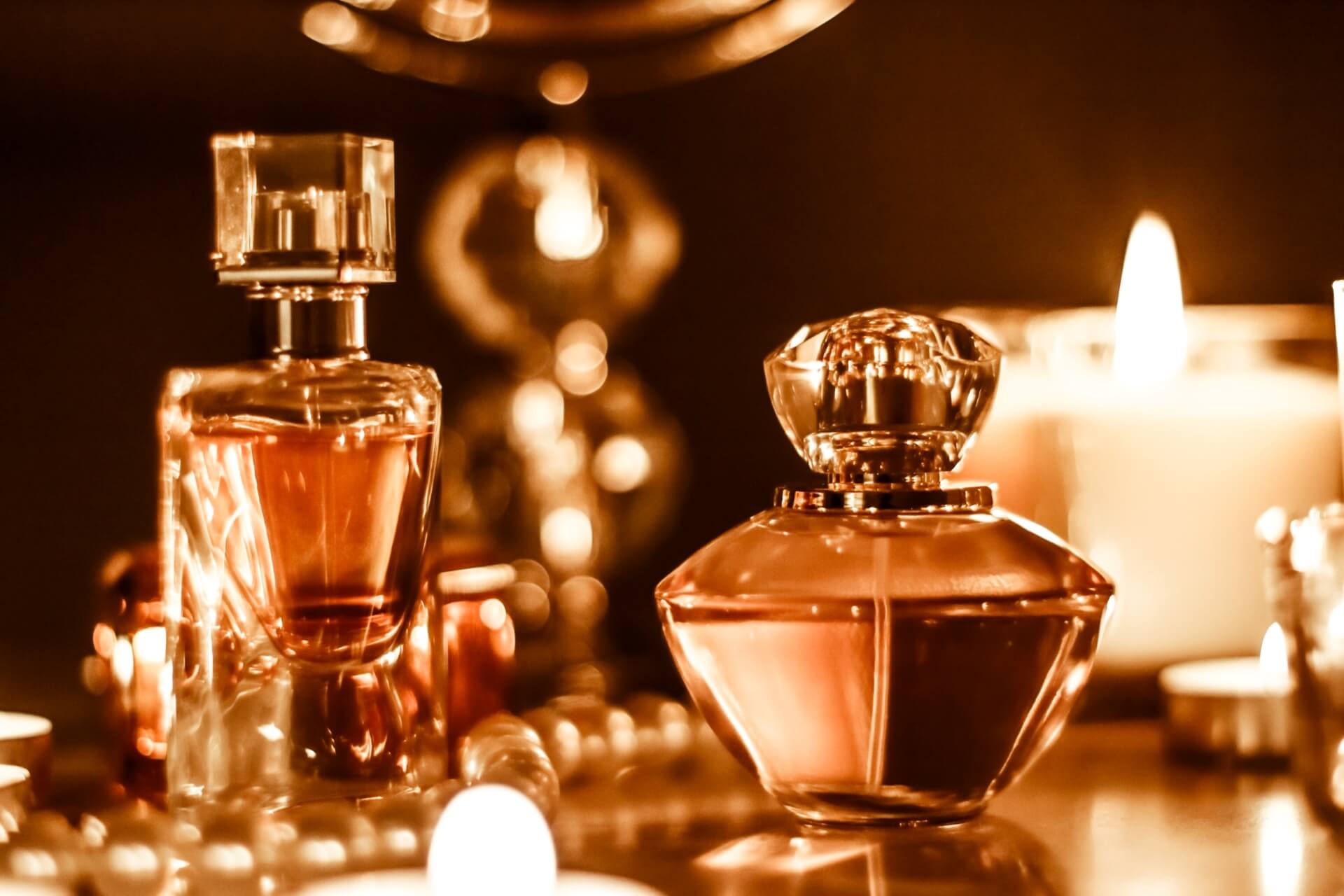
Just like cosmetics, perfume products from famous brands are widely represented in all UAE shopping centers. Here you can buy new items and limited collections from global brands at prices close to European ones. However, the best gift would be authentic Eastern perfumes, which have been made by local perfumers for many centuries based on natural essential oils.
At first, they might seem too heavy and sweet to Europeans, but for those who love complex and unconventional compositions, this can be an excellent gift. Eastern perfumery uses notes of sandalwood, citrus, frankincense, cedar, and musk. One drop of such perfume is enough for a whole day. They start working when a person moves. In perfume shops, masters can prepare individual perfumes for you, mixing the ingredients that suit and appeal to you most.
These perfumes are poured into beautiful, shaped bottles made of colored glass, which by themselves will already become a wonderful interior decoration. Perfumes made from oud oil – as agarwood is called here – can make a very good gift.
Oud oil is very valuable and not yet fully studied by scientists. These essential oils are used to make complex, expensive compositions. The most famous Arabic perfumes based on oud oil are Ajmal Perfumers.
Medicines
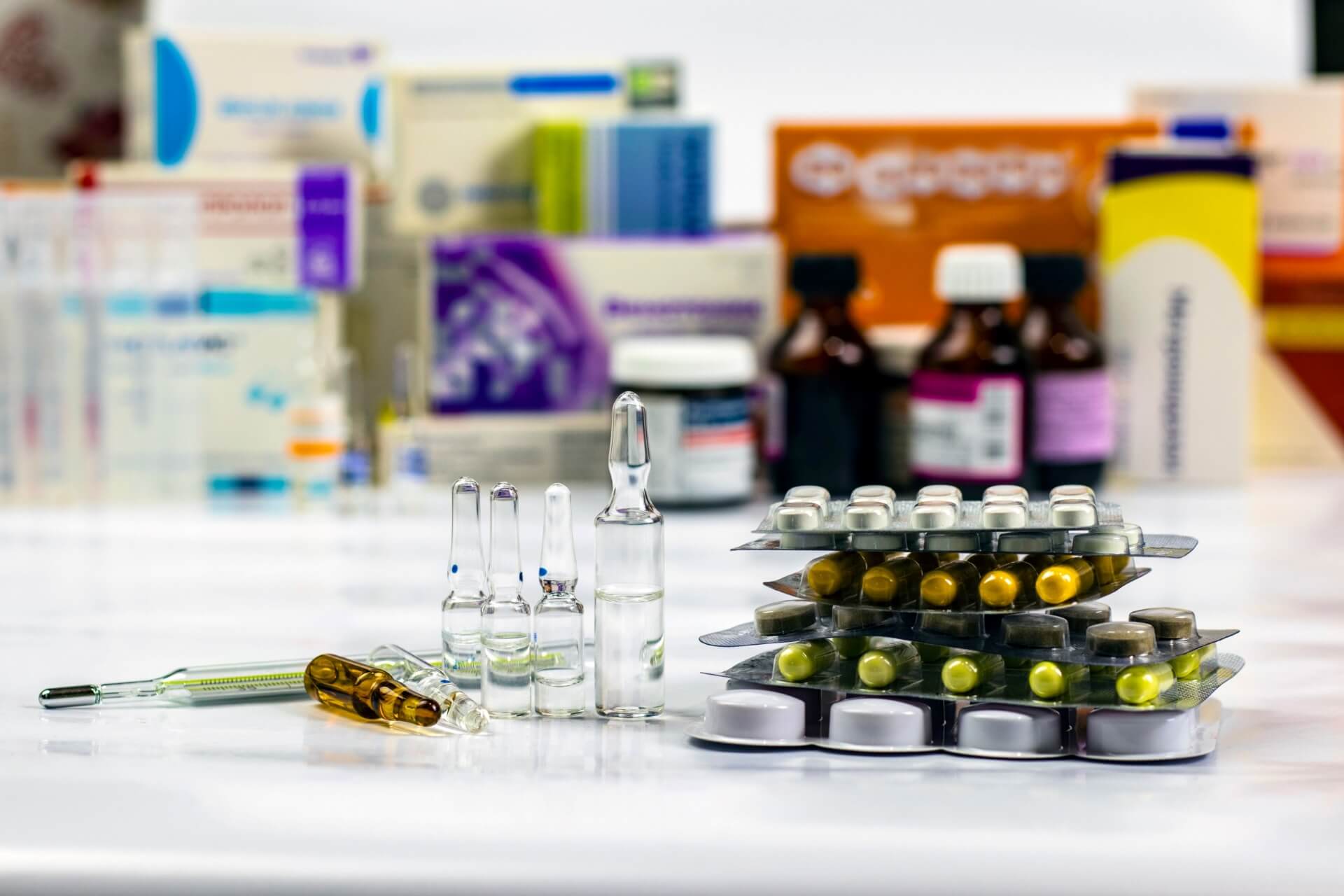
People often bring back medicines from the UAE. You can buy them in any pharmacy. Prices will be almost the same everywhere. There is no pharmaceutical production in the Emirates themselves; medicines are brought here from other countries. It’s worth paying attention to products from Israeli companies — there’s a wider range and lower prices for medicines from Israel here than in our country.
People bring back pain relievers, eye and ear drops. The prices for these are much lower, and the quality is much better. Sellers in any pharmacy will consult you and help you choose the right product. It’s also worth paying attention to vitamin complexes and other dietary supplements.
Camel Milk Products
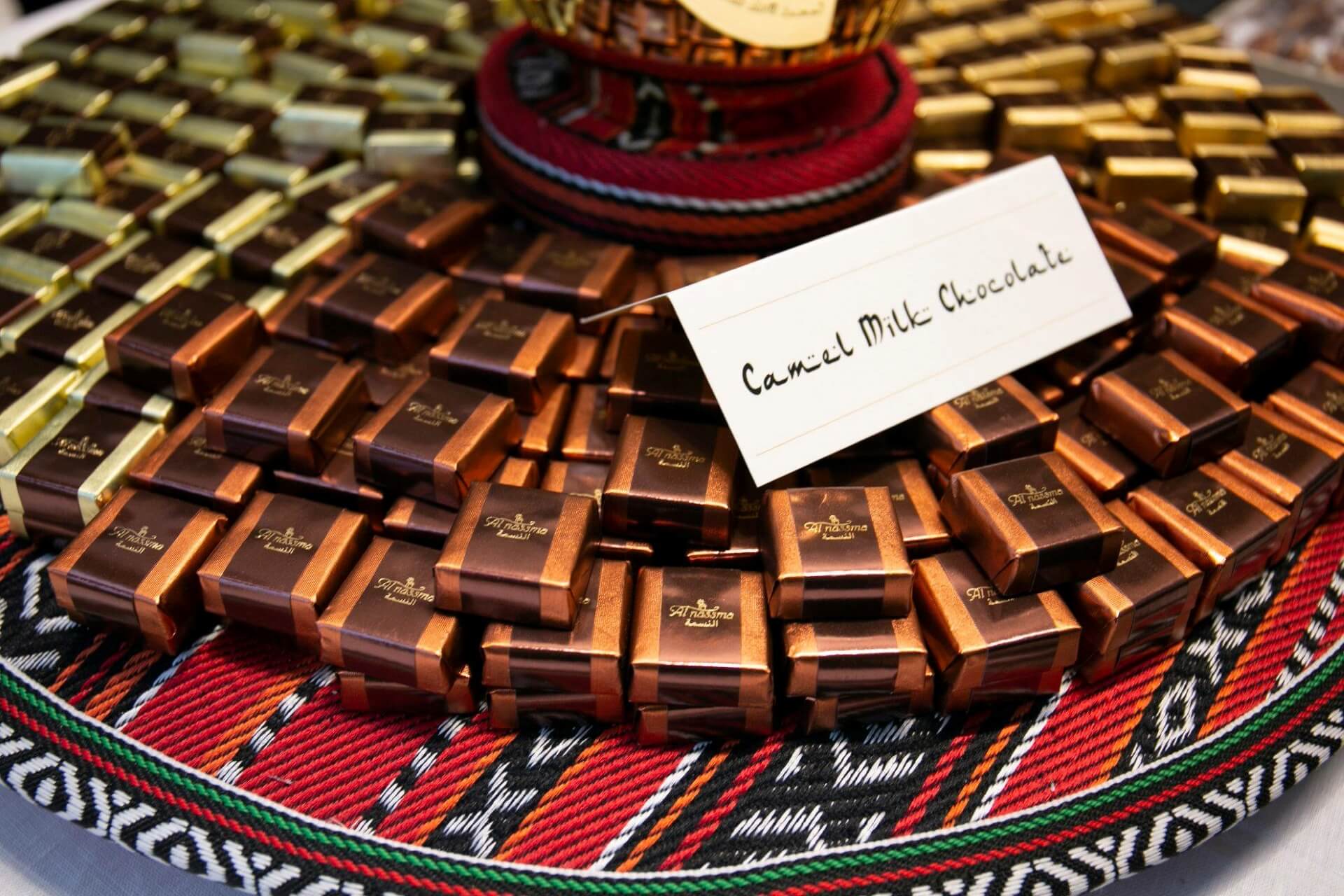
In the East, a camel is not only a means of transportation but also a true provider. Eastern tales are full of stories about wise female camels repeatedly coming to the aid of heroes. Even today, camel milk is a very popular product. It’s used everywhere. Camel milk is very healthy, rich in amino acids and antioxidants, excellent for quenching thirst and helping to cope with many ailments.
Products based on it are in demand all over the world. Bringing natural milk back will be quite problematic, but fermented milk products will make an excellent gastronomic souvenir. In the Emirates, they take a very strict approach to the quality of their production, requiring the strictest adherence to technology, so cheese, cottage cheese, and other products from such milk meet the highest standards.
You can buy them both in supermarkets and at the bazaar. Prices start from one and a half dollars. Al Nassma camel milk chocolate will also make an excellent gift, especially for children. It’s quite expensive but very tasty. And for children, you can give chocolate camel figurines. A souvenir pack of chocolate will cost you $4.
Sweets
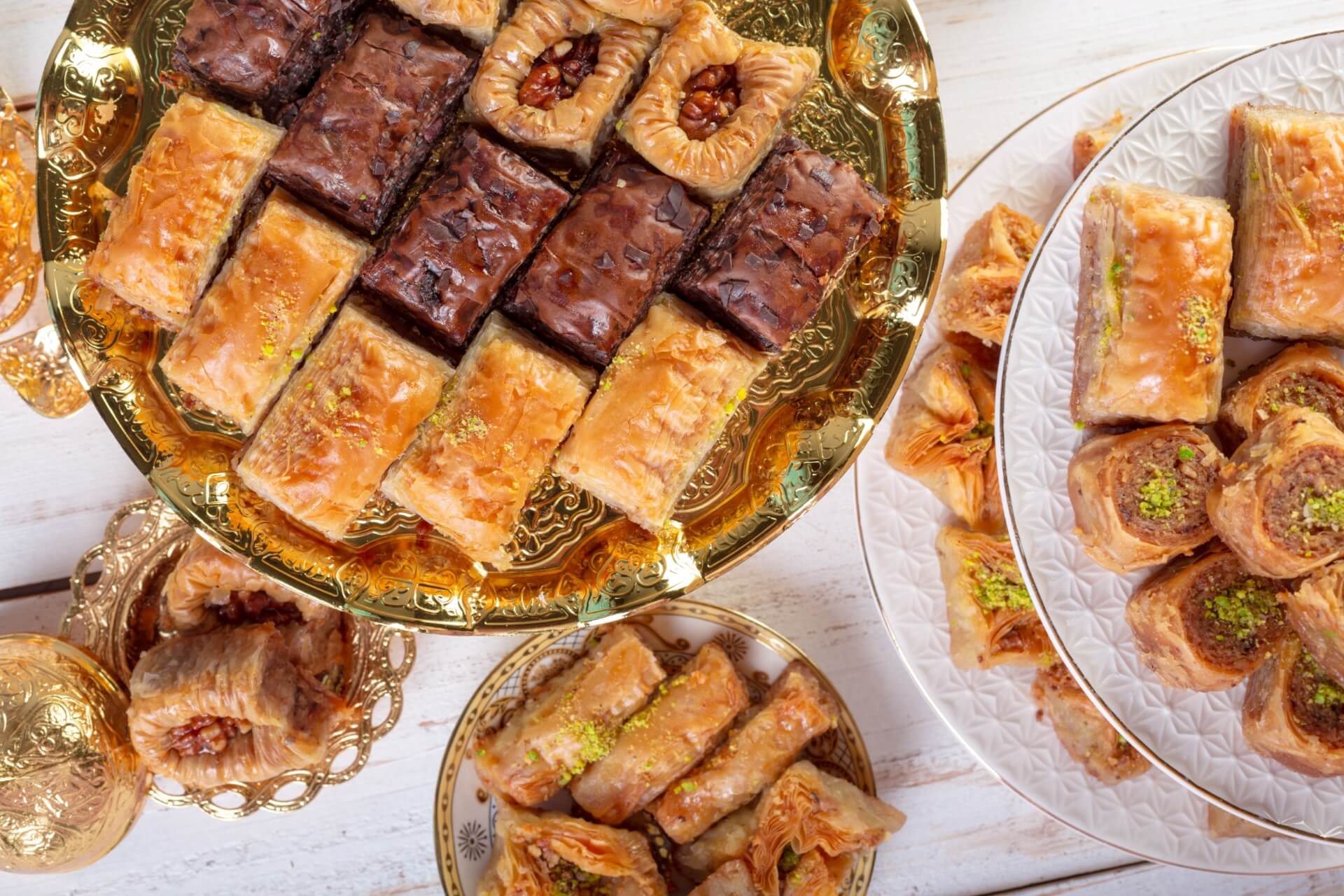
For lovers of sweets, the East is a true paradise. Sherbet, nougat, baklava, halva, and rahat lokum—just the names of these treats sound like an Eastern melody. All these products are prepared according to ancient recipes with precise adherence to tradition. You can buy them in supermarkets or confectionery shops at the market, after trying each delicacy and listening to the vendor praise their goods. Prices range from $5 to $100, and souvenir packaging for Eastern sweets can cost up to $300.
It’s convenient to choose them at the market or in small shops where you can assemble your own set of favorite treats. Many people enjoy “chibab” with dates—a unique sweet pastry. It’s a sweet and spicy flatbread filled with dates, folded like a turnover and fried. However, bringing it as souvenirs can be quite challenging.
Spices
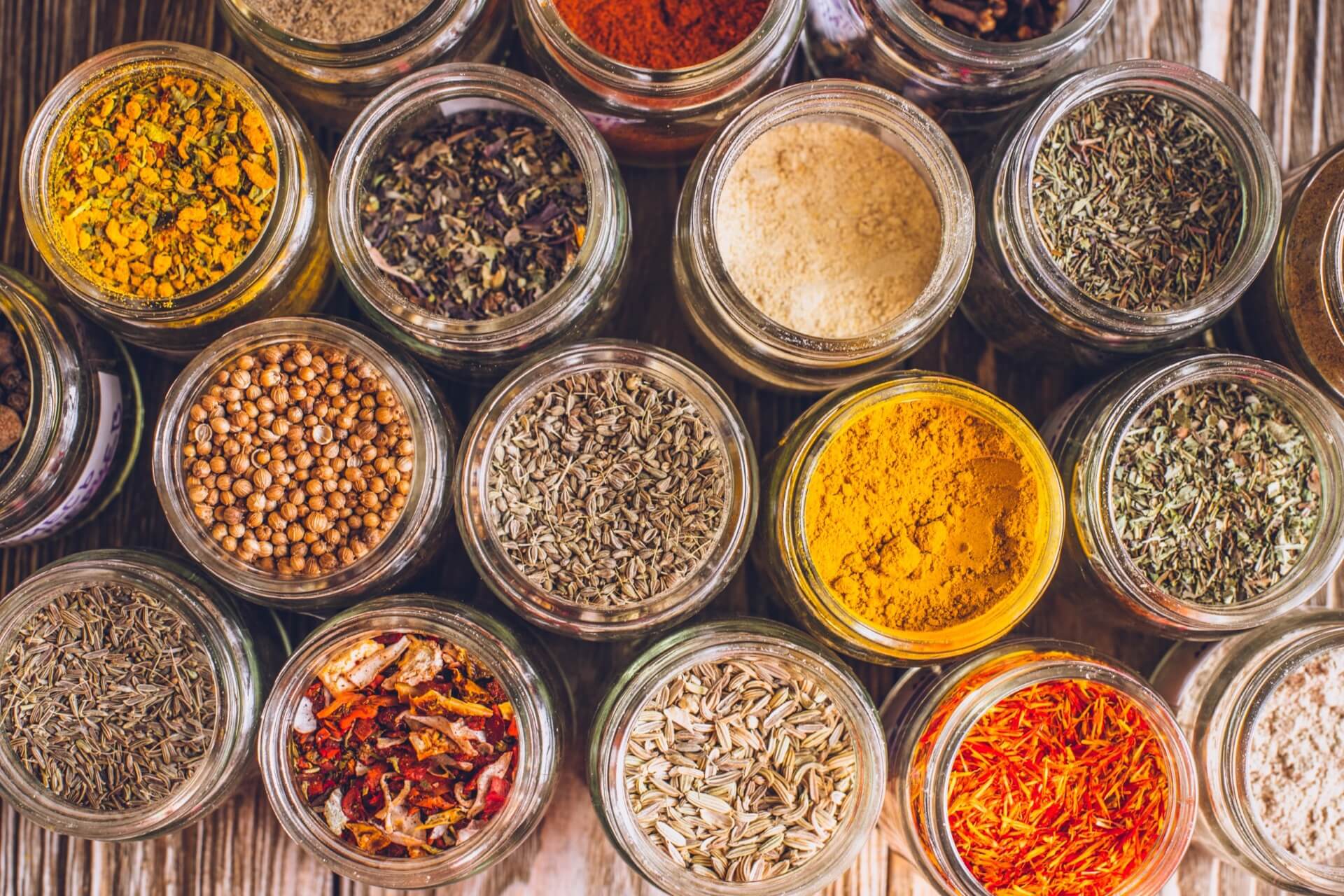
Since ancient times, eastern spices have been valued on par with gold. Here, they are not only an essential attribute of culinary art but also a cult product. The immense variety of eastern spices will amaze even true gourmets and connoisseurs. Extraordinary colors and aromas will greet you at any eastern bazaar where spices are sold. Choose, sniff, listen to the advice of the shop owner, and be sure to bargain. Prices start at $2.
A very popular spice blend called “bezar” is added to many national dishes. The blend includes fenugreek, cumin, turmeric, coriander, pepper, dill, and cinnamon. You can buy all these spices separately and mix them yourself. But it is simpler to buy ready-made pre-packaged blends. They are available in all supermarkets or at bazaars.
Coffee
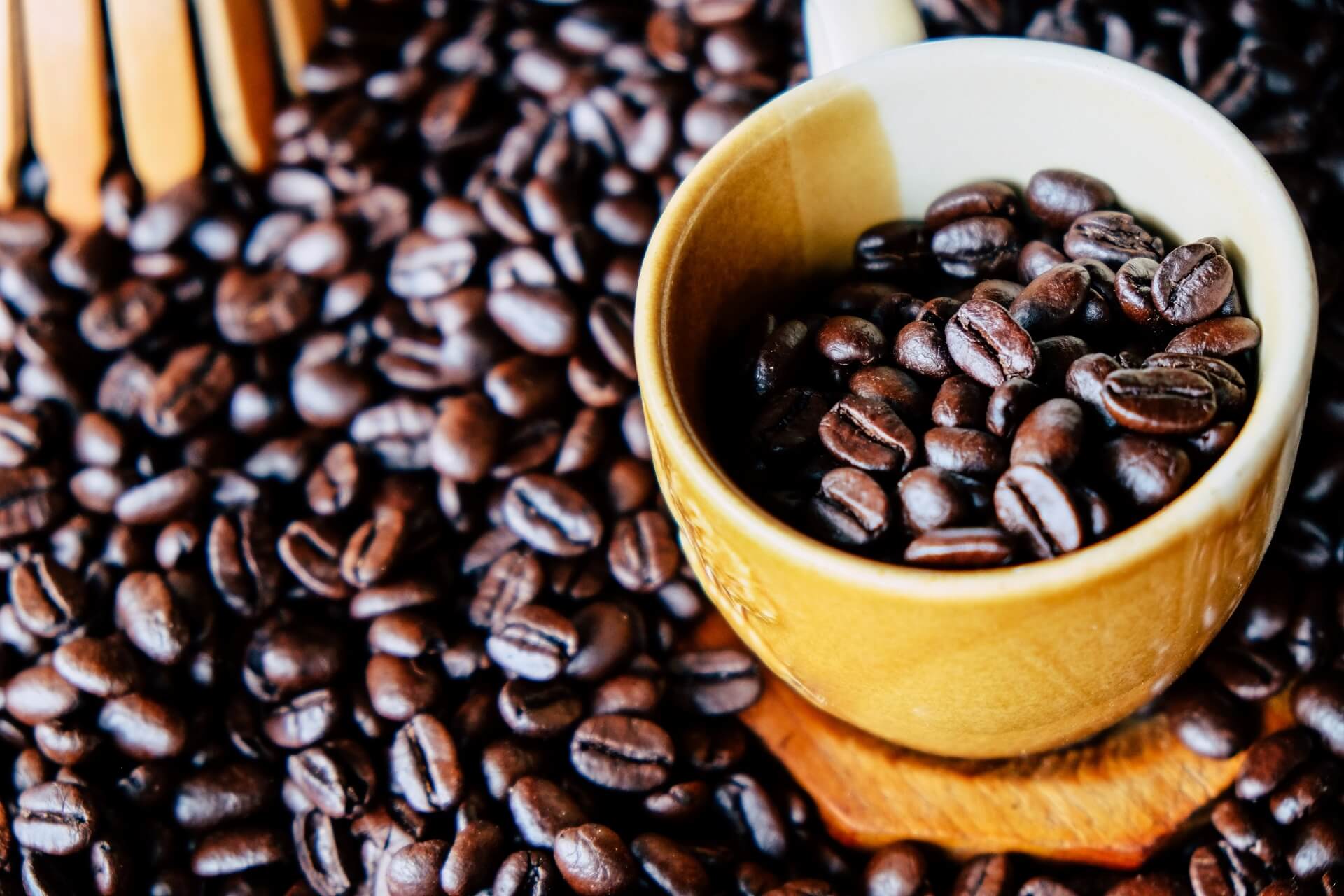
In supermarkets and bazaars, there is a huge selection of coffee beans of different roasts and varieties. Coffee is mainly brought here from Ethiopia and Yemen. Choose according to your taste, but be careful: Arabs love bitter coffee, which is given bitterness by cardamom.
If you are bringing coffee as a gift for coffee lovers, buy a traditional Arabic coffee pot made of copper – a dallah, which symbolizes this country. It is very difficult to use it for its intended purpose, so it is more suitable as a souvenir. However, thermoses in the form of a dallah are very colorful and practical.
Hookah and Tobacco
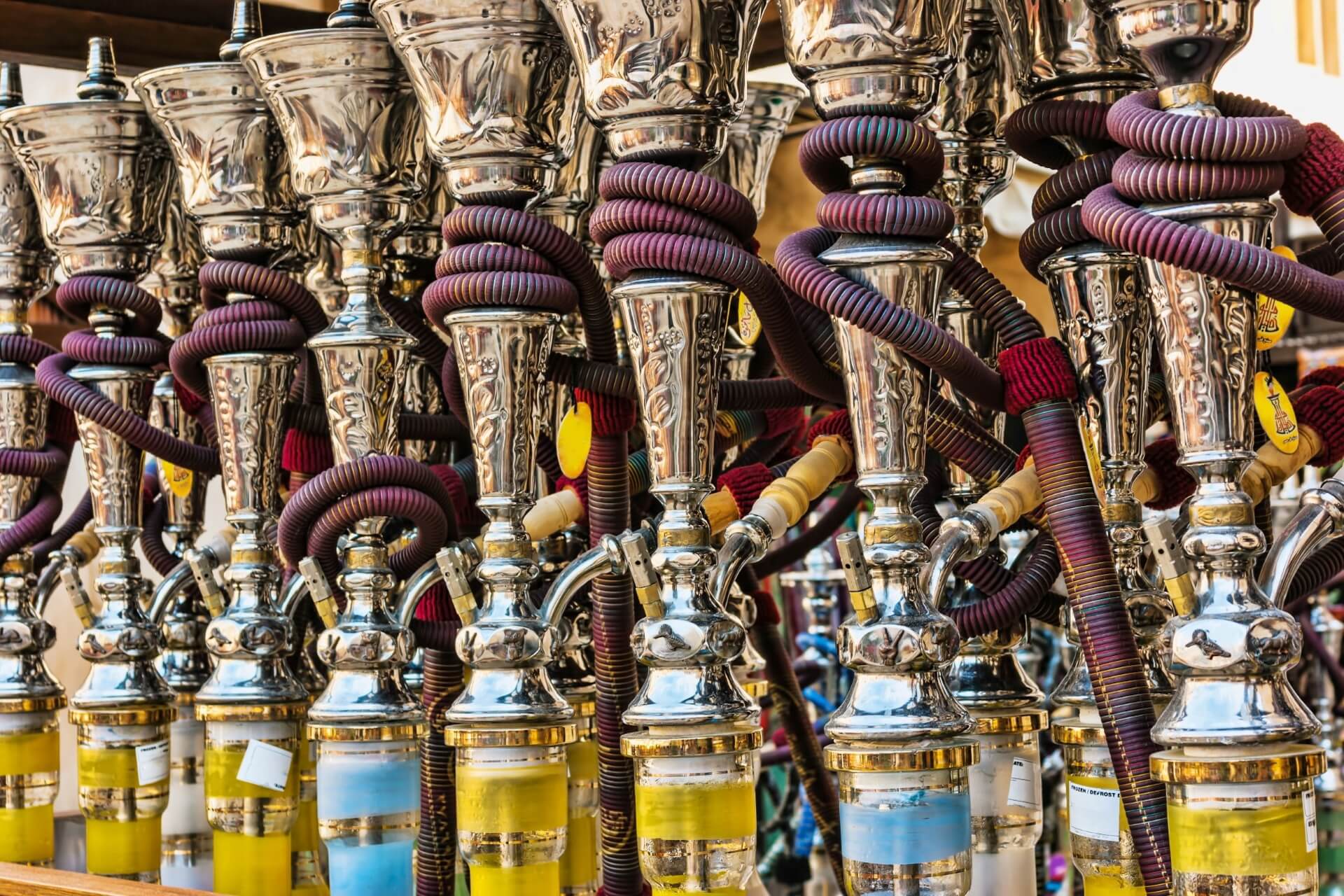
The tradition of smoking hookah came to us from the East. If you want to bring a hookah as a souvenir, visit a hookah shop, ask the seller about all the details, and ask for help in choosing. Be sure to check the device before buying, including all its connections and hoses. In the shop, they will help you choose smoking mixtures as well.
For men who smoke, a ceramic smoking pipe decorated with an elegant pattern will be an excellent souvenir. Usually, you can also choose tobacco blends for the pipe in these shops. Fragrant tobacco will be a great addition to an original eastern pipe.
Bakhoor
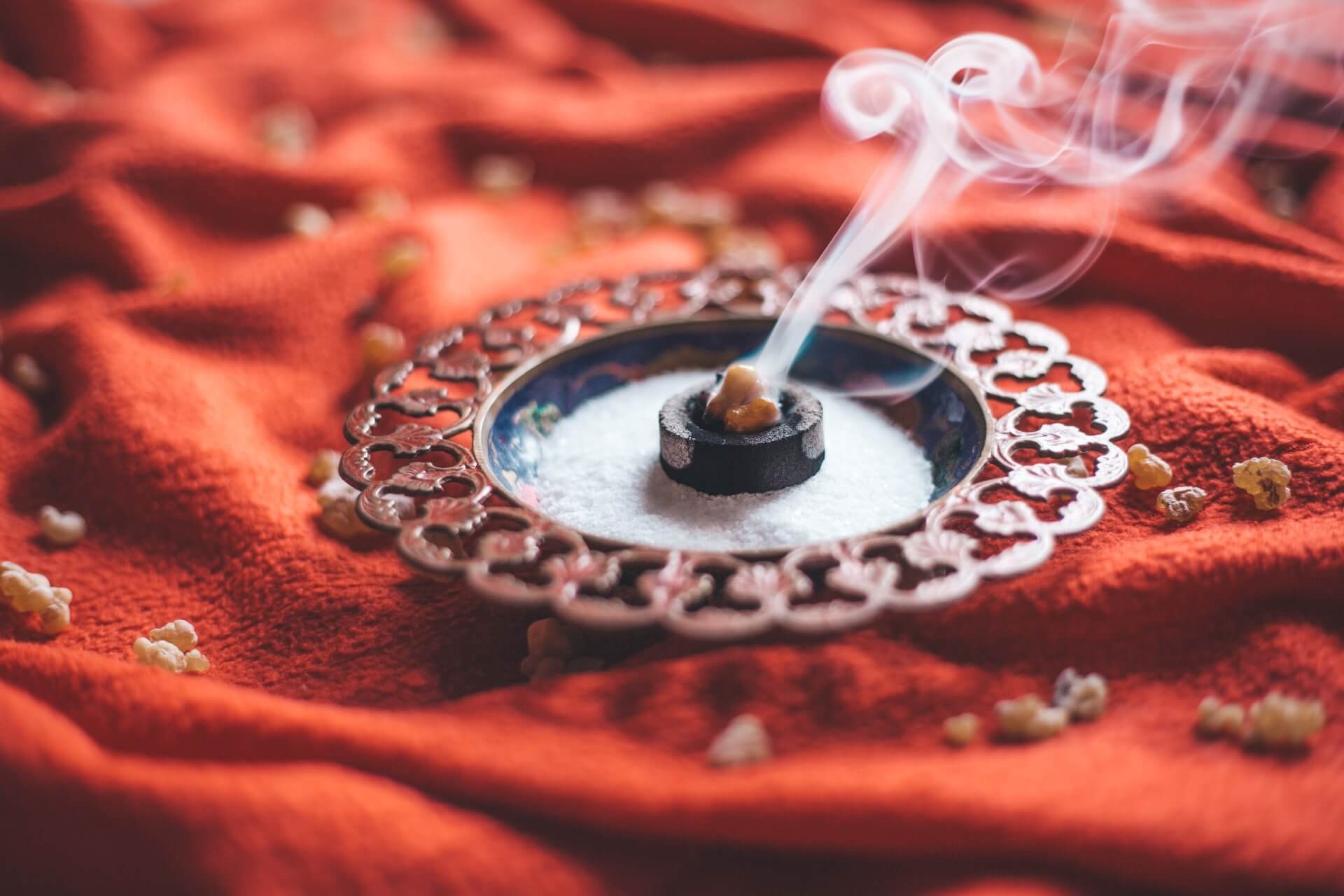
Bakhoor is a type of eastern incense used in everyday life to scent rooms, including as an antiseptic and relaxing agent. For many centuries, several generations of Bedouins have been making it according to the same recipe. Even today, many elderly Arab women prepare it themselves, buying all the ingredients separately.
The base is agarwood shavings, which are soaked in other oils. Arabs love to use citrus plant oils, sandalwood, and jasmine for this. It is made in the form of balls that need to be lit. Unlike aromatic sticks, which just need to be lit and they will smolder, emitting a subtle aroma, bakhoor itself will not burn. In special burners, called “mabkhara” here, balls are lit, and the room is fumigated with this smoke.
When all the items in the room are saturated with it, the windows are opened, and the room is ventilated. It is sold either in the form of balls or in tiles resembling chocolate. To avoid problems at the airport during baggage inspection, it is best to buy these incenses in factory packaging. One package will last you approximately 10 times. Prices start at $5, and it is best to buy it at markets or shopping centers. You can also buy a burner there. When lighting bakhoor, be careful – observe safety measures and the rules of its use.
Carpets
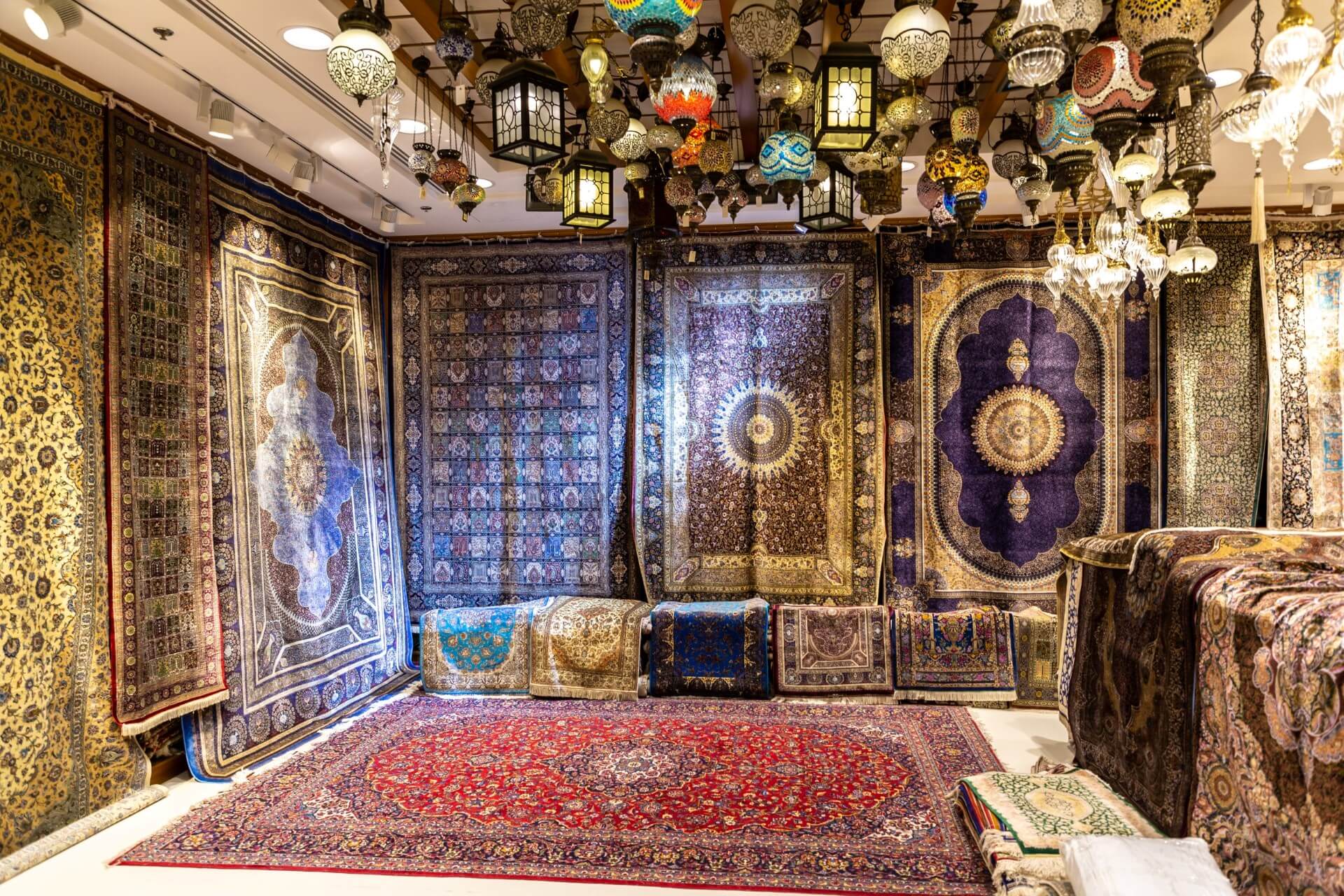
No eastern culture is imaginable without soft and cozy carpets. They were not only household items for eastern peoples but also served as a kind of book for knowledgeable people, by which one could read the history of a people. In winter, the annual carpet fair is held at the World Trade Center in Dubai. Wool, silk, cotton carpets of all possible colors and sizes – such a variety will amaze even the most sophisticated carpet lovers.
You can bring small rugs with national patterns and expensive massive carpets. The best carpets are undoubtedly brought here from Iran. These are real works of art, and the prices for them will be appropriate. Indian, Pakistani, and Afghan carpets are also in demand. Sellers will tell you about the merits of each, showing the differences between handmade and machine-made carpets.
Carpets can be bought in numerous shops at the Blue Market in Sharjah. Prices here start at $100 and up. There are many carpet shops in “Deira Tower.” Don’t rush to buy the first carpet you like. Walk through the old markets, visit all the shops, and you will definitely take home “your” carpet.
Khanjar
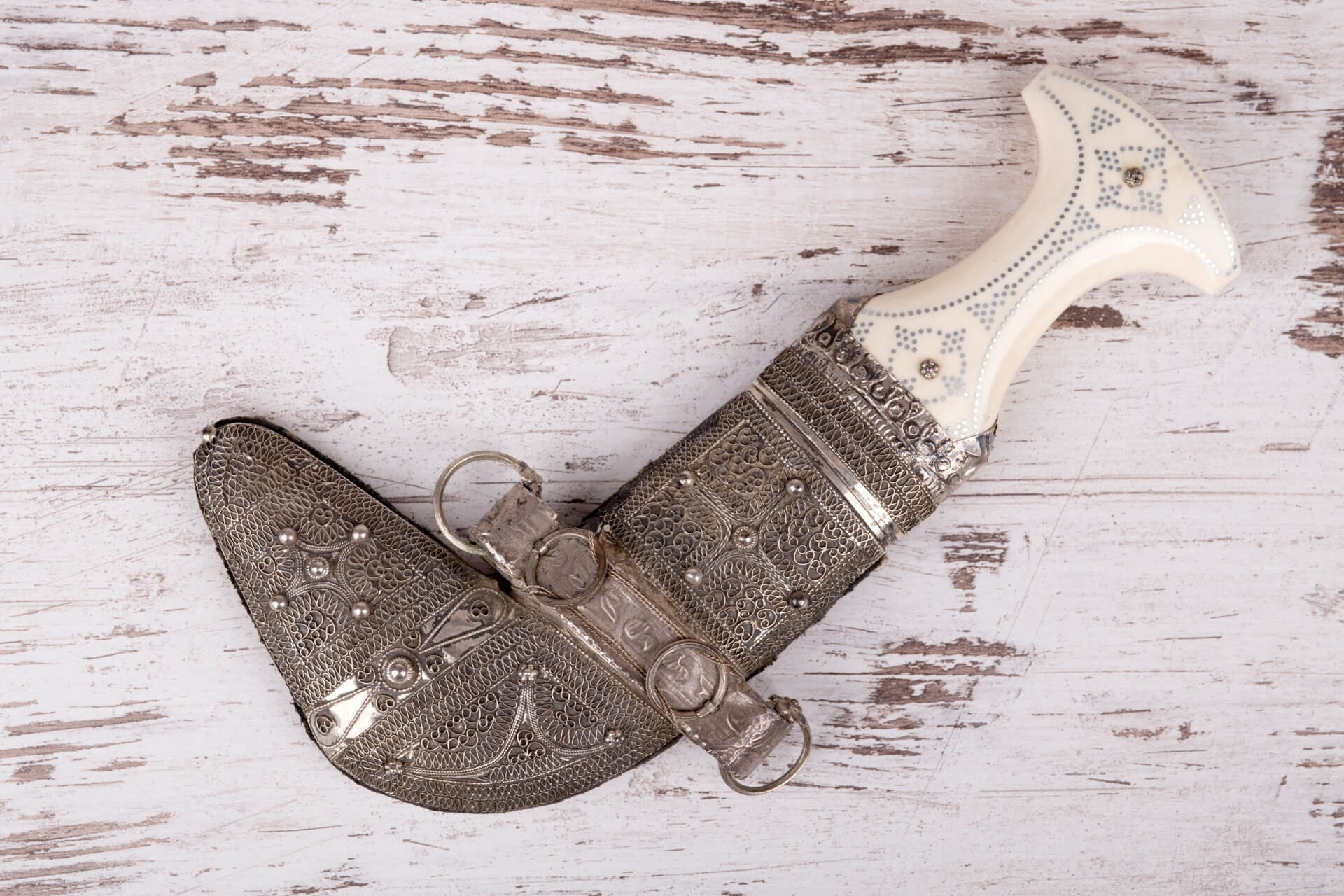
The khanjar is a famous Arab dagger. It is easily recognizable by the curved scabbard in which it is stored. The blade itself is also slightly curved. Usually, the dagger is made of brass and copper. Men wore it on their belts to emphasize their high social status. For emirs and their close families, khanjars were made of silver, gold, and ivory. These daggers are usually sold in souvenir shops, and in the Heritage Village (Abu Dhabi), you can not only see how it is made but also make your own khanjar.
It is considered a cold weapon, regardless of the quality of the metal from which it is made, so transporting it undeclared in luggage to our country is prohibited. If you decide to risk it and bring it the usual way, be prepared that you may have to part not only with the souvenir itself but also with a decent amount of money in the form of a fine.
Prayer Beads “Subha”
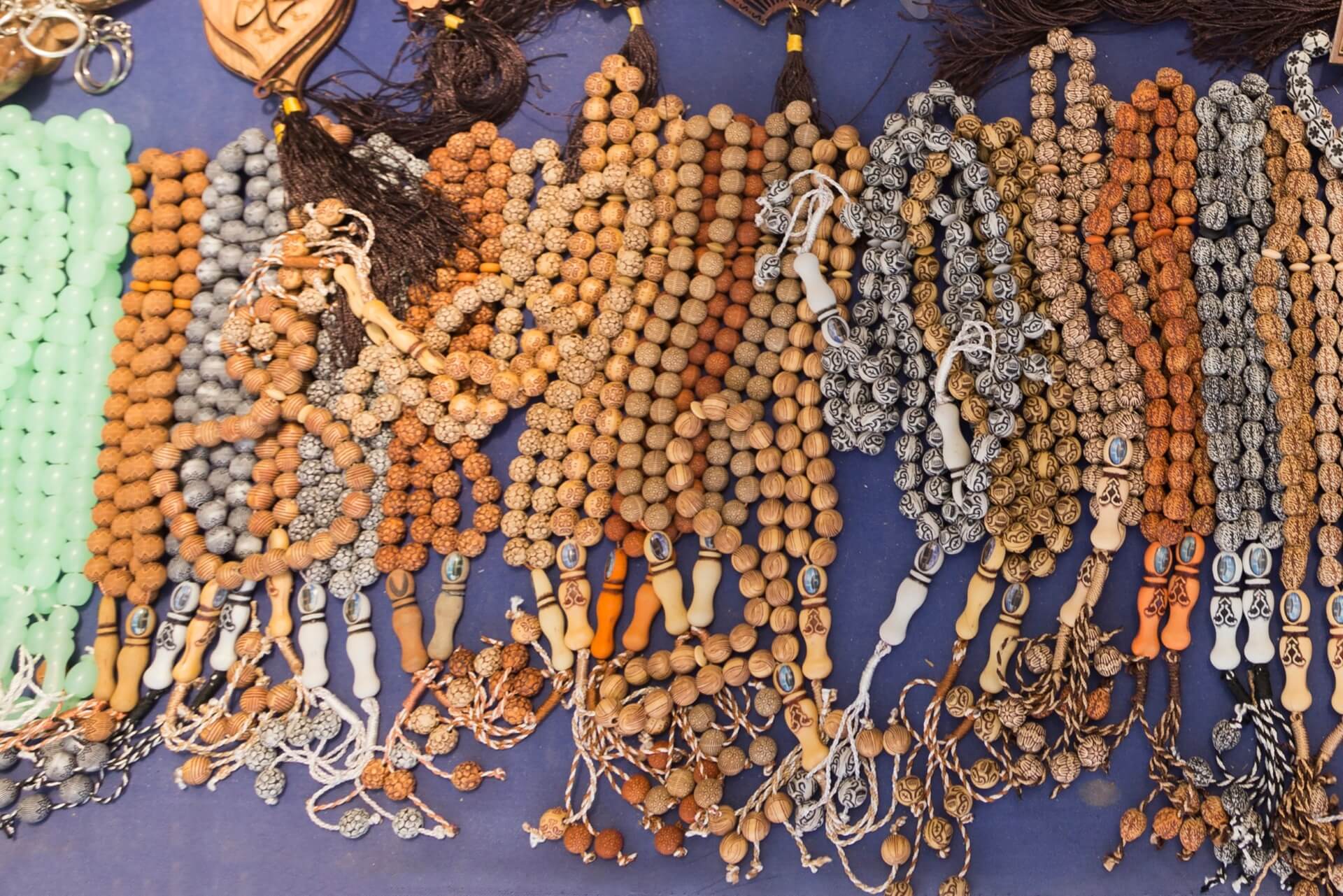
Prayer beads are used by representatives of many religions, not just eastern ones. Orthodox Christians also often use prayer beads. However, there are differences between them. Muslim prayer beads, or subha, consist of beads made from certain types of wood, as well as stones, including semi-precious and precious ones. The number of beads must be a multiple of 11 – the number of parts in a prayer.
Usually, prayer beads consist of 33 or 99 beads. By counting the beads, a devout Muslim tracks how many times he has prayed to the Almighty during the day and helps focus on the prayer itself. Despite being primarily a religious attribute, prayer beads can make an excellent souvenir. You can choose prayer beads made of amber, jade, and other stones and minerals.

